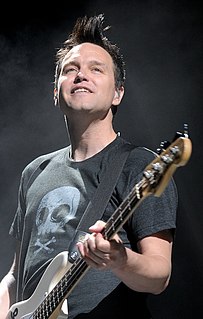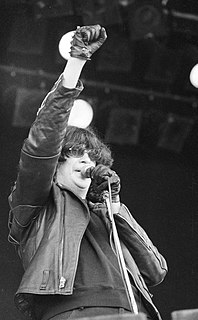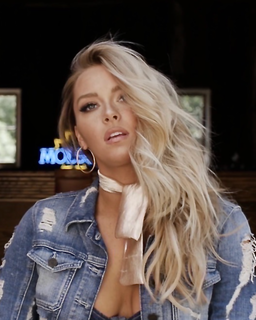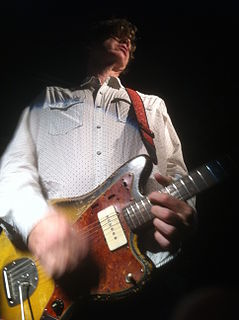A Quote by Donatella Versace
For me the safety pin is about rebellion, and I'm punk in the soul.
Related Quotes
Disco satisfied social as well as musical needs. Disco people got to dress up all the time and go to places ... where everybody sort of 'looked good' - and later, after an evening of chemical alteration, everybody looked even better, and the next thing they knew, they were getting The Blox Job. Punk, in the late seventies, purported to be a rebellion against this sort of silly behavior. Maniac bands started thrashing away in dingy little places with no decor, developing their own silly behavior. ... New wave evolved from punk, basically, by sterilizing its own safety pin.
As a late teenager, the punk movement pushed me further. In particular, the Clash, which happened to leak through the time of disco, showed me that there was this cross-cultural sound that could cut across genres and audiences. Like punk was to disco, rap music was a rebellion against R&B, which had adopted disco and made it worse.
To begin with, the key principle of American indie rock wasn't a circumscribed musical style; it was the punk ethos of DIY, or do-it-yourself. The equation was simple: If punk was rebellious and DIY was rebellious, then doing it yourself was punk. 'Punk was about more than just starting a band,' former Minutemen bassist Mike Watt once said, 'it was about starting a label, it was about touring, it was about taking control. It was like songwriting; you just do it. You want a record, you pay the pressing plant. That's what it was all about.'






































